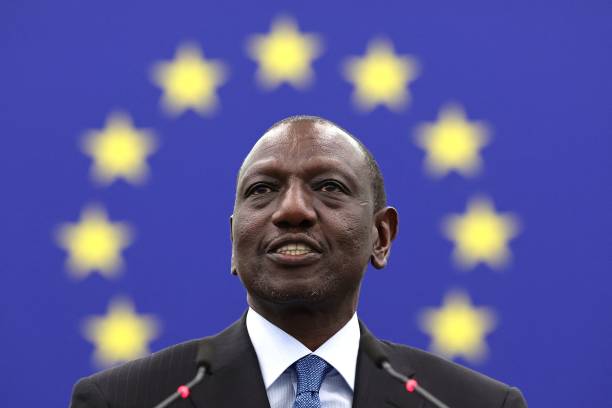Kenya’s recent move to grant visa-free entry to all foreigners has generated heated debate and criticism, with some calling it a “hectic” decision. President William Ruto introduced the policy last month in an effort to facilitate visa-free travel within Africa.
Despite the seemingly open-door approach, Kenyan authorities clarified that visitors, regardless of nationality, must obtain electronic travel authorization (ETA) by submitting necessary documents and paying a processing fee of $30 (£23). This new requirement applies even to citizens of countries that previously enjoyed unrestricted access to Kenya.
As of Sunday, over 9,000 visa applications have been processed through the digital platform, according to official sources.
Critics argue that the introduction of the ETA has caused confusion and increased the difficulty and cost associated with traveling to Kenya. Foreigners have expressed dissatisfaction with the new policy, challenging its purported benefits.
Renowned Zimbabwean journalist Hopewell Chin’ono accused Kenya of misleading the public, stating, “Dear Africans, Kenya is not telling the truth when it says it is visa-free; it has made traveling more difficult for Africans who didn’t need a visa before.”
Similar sentiments were echoed by Malawian entrepreneur Jones Ntaukira, who remarked, “Until 24 hours ago, as a Malawian, I could just wake up, buy a ticket and fly to Kenya in the afternoon, visa-free. Now, Kenya has ‘removed visa’ for everyone, but everyone has to pay a $30 travel authorization fee 72 hours before travel. What? Hectic.”
Concerns about the potential ramifications of these stricter restrictions are also being raised by some Kenyan citizens, who fear a possible boycott by disgruntled foreigners or reciprocal restrictions imposed by other countries. The move has ignited a broader conversation about the balance between enhancing security measures and fostering international travel.

